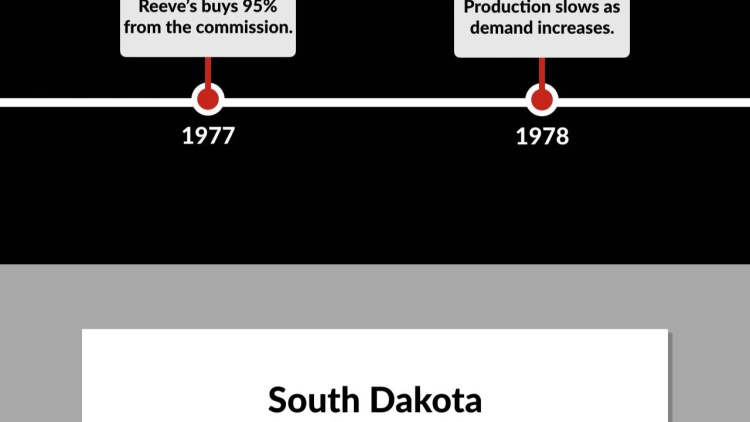Reeves, Inc. v. Stake
United States Supreme Court
447 U.S. 429, 100 S. Ct. 2271, 65 L. Ed. 2D 244 (1980)
- Written by Megan Petersen, JD
Facts
The State of South Dakota built a cement plant to deal with cement shortages within the state. The South Dakota Cement Commission (the commission) concluded that all of the cement produced would be needed inside the state. Nevertheless, the plant’s output exceeded South Dakota customers’ needs for many years, and the plant was able to supply cement to both in-state and out-of-state contractors. Later a boom in the construction industry coincided with internal difficulties at the plant. As a result, the plant was unable to fill all of its cement orders. To combat this problem, the commission reaffirmed that the plant should preferentially supply cement to South Dakota contractors first before filling orders with out-of-state contractors. Reeves, Inc. (plaintiff) was an out-of-state contractor that suffered serious financial harm when the plant stopped filling its orders. Reeves sued the commission and its chairman, William Stake (collectively, defendants) in district court, challenging the state’s cement-sales policy. Reeves argued that the policy unconstitutionally discriminated against interstate commerce in violation of the Commerce Clause. The district court agreed and enjoined the commission from continuing its preferential treatment of in-state buyers, but the court of appeals reversed. The United States Supreme Court granted certiorari.
Rule of Law
Issue
Holding and Reasoning (Blackmun, J.)
Dissent (Powell, J.)
What to do next…
Here's why 904,000 law students have relied on our case briefs:
- Written by law professors and practitioners, not other law students. 47,100 briefs, keyed to 995 casebooks. Top-notch customer support.
- The right amount of information, includes the facts, issues, rule of law, holding and reasoning, and any concurrences and dissents.
- Access in your classes, works on your mobile and tablet. Massive library of related video lessons and high quality multiple-choice questions.
- Easy to use, uniform format for every case brief. Written in plain English, not in legalese. Our briefs summarize and simplify; they don’t just repeat the court’s language.





